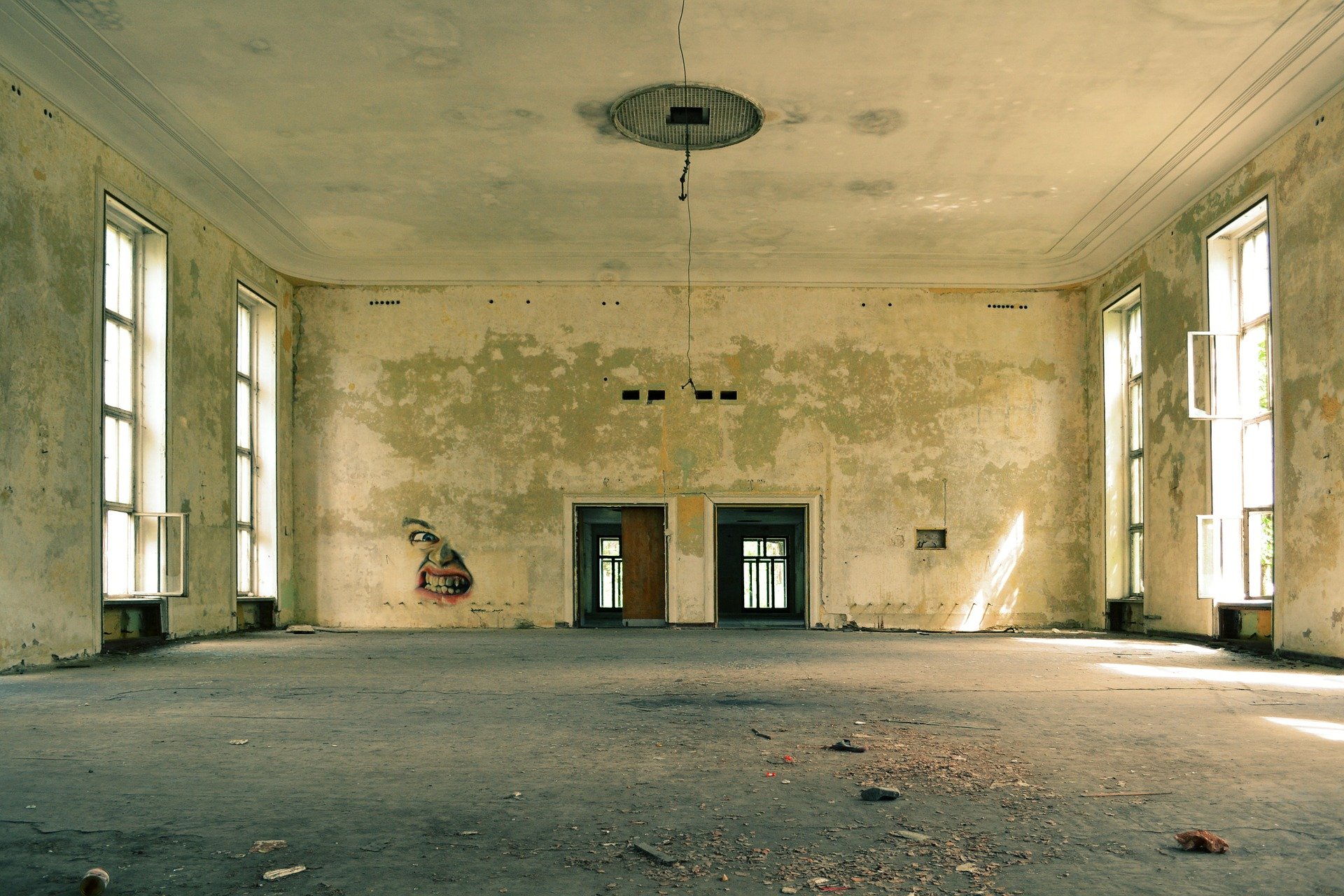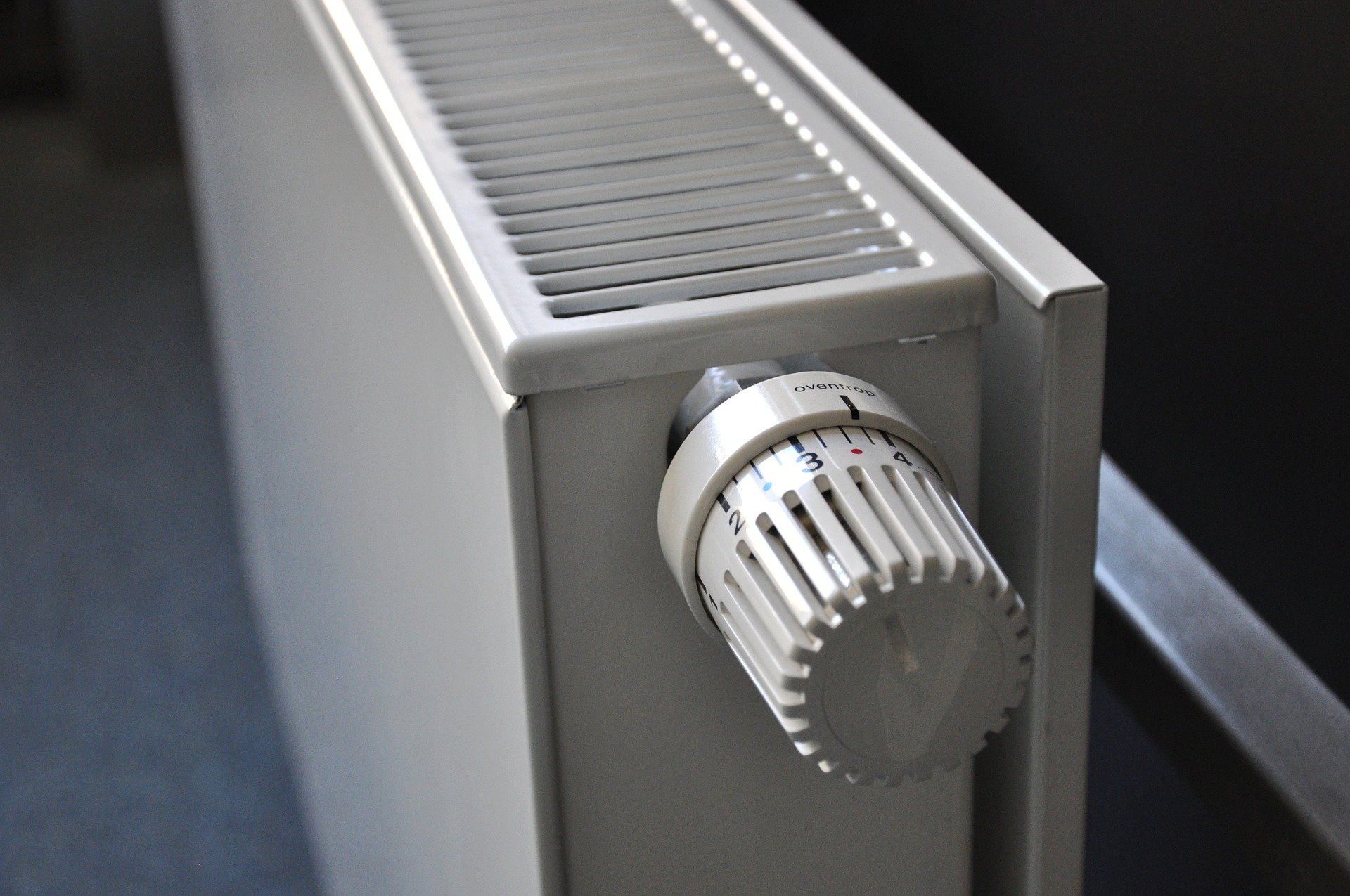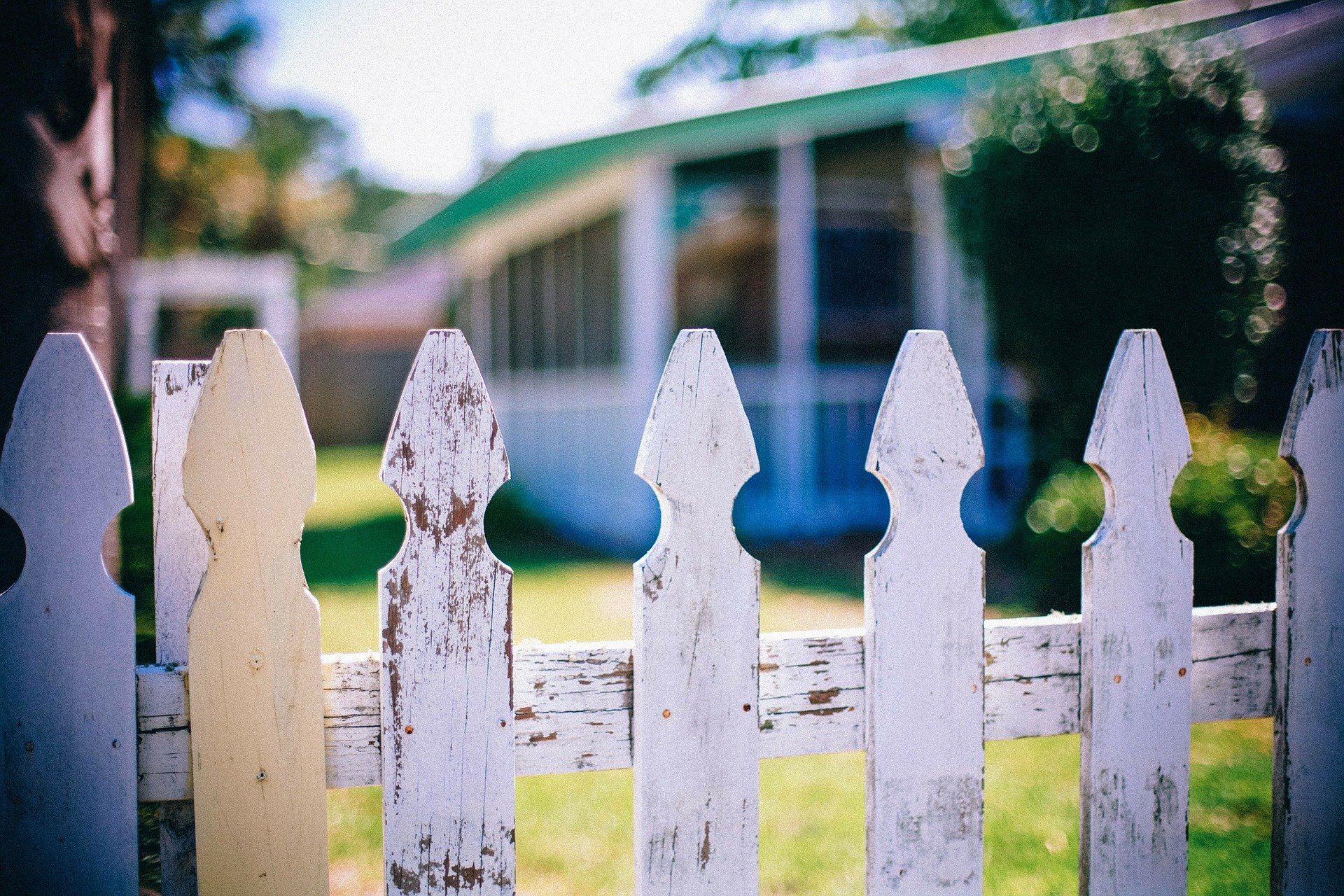
Now that winter has fully hit the UK, you may have noticed that there is a lot of snow, rain and ice on your council house and around the streets where you live. Unfortunately, if your home is suffering from disrepairs during this time, it is likely that the winter weather will end up making them worse. Not only can holes in your accommodation invite pestilence and vermin in, but you will find it much harder to keep out the cold. That means you may end up having heating problems or mould and damp that grows inside of your house. Winter is a stressful time for the home owner. That’s why if you do end up suffering from housing disrepairs, it’s time for you to start looking into Housing Disrepair Claims with Gowing Law Solicitors.
Our specialists are here to assist you if you house is suffering from damages that are beyond your control. Winter weather could cause severe disrepairs that could put you and your family at risk, especially if your landlord refuses to have them sorted out. That’s why our solicitors are here to ensure that you get the repairs completed and your compensation received. Feel free to get in touch to get started on your housing disrepair claim. You can call us on 0800 041 8350 or by visiting our website below:
What do I need to know about Housing Disrepairs?

If you are suffering from housing disrepairs, it means that your house is damaged and this is putting you and your family at risk. Whether you live in a council house or a property from the housing association, it’s the responsibility of your landlord to ensure that you are safe in your home. They need to fix any damages that were not your fault. Your landlord is responsible for the following:
- Ensuring internal and external structures are safe
- Sorting out any issues with essential appliances
- Making sure the house is secure and is in accordance with fire safety
- Keeping hot water and gas running
- Dealing with any nuisances that could hurt you and your family
- Getting rid of or inform you of any mould or damp in the property
If you have noticed that your house has started to experience disrepair, it is your responsibility to talk to your landlord about getting them fixed. If you leave the disrepairs for too long then they could end up getting much worse. That’s why it’s crucial that you give your landlord at least one month as a notice period to have them sorted. If they fail to help you, this could be a sign of negligence. Take a look below to find out how you should go about alerting your landlord to housing disrepairs:

Housing Disrepairs: Landlord Negligence
In most cases, you will find that your landlord will do their best to ensure that your disrepairs are sorted as quickly as possible. They may come round to your house to inspect the damages and then send over an engineer or repair worker to get the disrepairs sorted out. However, if they fail to help you, you may end up having the disrepairs get worse due to the amount of time they are exposed or left alone. You can do your best to try and lessen the impact of the disrepairs, however it’s likely that they will either get worse naturally or will just eventually return to being in a state of disrepair.
When you sign your contract with your landlord, they owe you a “duty of care.” Therefore, they are responsible for your safety whilst you live in their council house or property from the housing association. If they fail to do this then, they could be liable for any damages that you experience. This is due to the fact that they are guilty of negligence.
Some example of negligence include:
- Your landlord ignores your requests for help
- The repairs are cheaply fixed and made worse
- The landlord fixes the disrepairs and makes them worse
- Your landlord becomes aggressive with you about the disrepairs
- You are told you need to pay for any repair work
If your landlord fails to help you sort out your disrepair, you could be owed compensation if it ends up getting worse or if you end up getting hurt due to the disrepair. This is when you need to get started on looking into housing disrepair claims.
You could be eligible for compensation if your claim falls into one of three categories:

Keep in mind that your claim could fall into more than just one category of damages. Let’s say your were suffering from mould and damp because of the cold weather. If you suffer from asthma, it could get worse due to the damages, therefore you suffered from personal injuries. The mould could have spread to your clothes. This is an example of damage to belongings. If the mould has covered your bathroom or bedroom, this may mean that you are sleeping somewhere else. This is an example of inconvenience. Let your solicitor know about what type of damages you suffered from. The more damages you have, the more likely it is that you could claim a higher amount of compensation.

Housing Disrepairs and Winter Weather
The worst time of the year for housing disrepairs is winter. Not only is it really cold, but this can affect the condition of your house. If your home is from the 1960’s or 1980’s, it could already be in need of structural repairs. However, the cold or wet weather could ultimately make the disrepairs worse.
Some of the most common disrepairs in winter include:
- Mould and damp
- Holes in the structure of the house
- Vermin infestation
- Central heating issues
By leaving the housing disrepairs to get worse, you could experience higher utility bills due to excess heat or energy needed to live comfortably in your home. You may also experience a lot of inconvenience due to the fact that you may not have any hot water for baths or cooking, and you may even need to use candle light or torches if your house regularly loses power. You should not be worried about making housing disrepair claims in winter. The weather may be bad, but your landlord still has a responsibility to ensure that you are safe throughout the entire year. Even if it is snowy or raining, they should be organizing the repair work.

Central Heating and Housing Disrepair Claims
One of the most common problems that you may encounter during winter weather is a heating breakage. Your heating is going to be the life blood of your home during the winter times. As we are currently experiencing temperatures that are below -1c, it’s important that you and your family are able to keep warm. That way you can avoid getting ill before Christmas.
If your boiler or central heating breaks on you, you may find that your house becomes almost impossible to live in because it gets too cold. It may ultimately mean that you are unable to have any hot water or that you are unable to use radiators or under floor heating to keep your house toasty.
Small children and the elderly are extremely vulnerable to low temperatures. Therefore, it is more likely that they could get sick if your landlord refuses to send someone over to have the heating fixed. To keep safe when you are having boiler or central heating problems, make sure to
- Wear lots of different clothing layers
- Close the curtains in the evening to keep heat inside the house
- Use as many blankets as possible.
- Close the doors and stay in one room
- Use hot water bottles
- Indulge in hot drinks or food
- Purchase a portable heater or radiator
You may also want to stay in one room with your family. That way your body heat will assist in heating up the room rather than if you are all spread apart. Pick a relatively large room so that you are not crowded together.

Housing Disrepair Claims: Holes in your home
Another problem you may encounter due to bad winter weather are holes, cracks or breaks within the structure, windows or doors in your home. This is due to the wet and damp making your house expand and contract, meaning that there is a weakening of the external and internal structure. The breaks in your house could cause cold to get in or allow for pests or vermin to live inside your house. This could allow for the spread of disease or could leave your house feeling extremely cold. If the cold weather causes breaks in glass structures, such as windows or doors, be very careful around them. You do not want to cut yourself or let vulnerable people near them. If you do end up getting hurt due to glass breaking, go to a hospital to have the personal injury tended to as quickly as possible.
To keep safe when there is a hole in your home, try to cover the area with a cloth, tape, card or some sort of blockage. That way you can keep the cold and pests out. You should also invest in some security. Big Cracks or holes in your house could increase your chance of someone trying to invade your home as they have easy access. You can also cover holes and cracks with fabric or curtains until a professional comes around to have it fixed.
Housing Disrepair Claims: Mould and Damp
Slipping on some ice should be the last thing you worry about when it comes to housing disrepair claims. The most common housing disrepair claim in general is usually made about mould and damp. This can grow in humid areas of your house that has a build-up of water moisture in the air. Usually, this is your bathroom or kitchen, however it can also grow where there is exposure to the outside, such as on windows or ceilings. As you are currently using your heating, this could increase the spread of mould in your house, especially as the outdoor temperatures are plummeting.
Unfortunately, mould and damp is extremely hard to get rid of, especially in the winter time. You may end up needing professional help, including fumigation where you may need to move into a temporary residence. If you fail to do this, mould and damp can spread spores that could worsen breathing problems. They can also spread to fabric and clothing and ruin them, as well as leave an odd smell on them. It’s best to get mould and damp sorted out as quickly as possible.
In the meantime, you can do the following to protect yourself and your family:
- Keep your windows open to allow air to come into your house
- Try to keep your doors open
- Use mould sprays on intense patches of mould
- Avoid rooms with intense areas of mould and damp
- Make sure to dry wet areas, such as windows or your bathroom
- Buy a humidifier
By doing this, you can lessen the spread of mould until a professional can sort out the disrepair.

Housing Disrepair Claims: Vermin and Pests
During the winter time, vermin and pests may try to make nests within your home. It is cold outside, therefore they are going to look for a place that has food, shelter and the right materials to use for nesting. Unfortunately, if there is access to the inside of your house, you will find that bugs, mice and rats will try to enter inside of it. They may stay within the walls or they may find ways to enter other areas of your home, including your kitchen and to your food and drink supply.
Vermin and pests can defecate and urinate near your food. That means they are more likely to spread disease via your food. To identify pests in your home, listen out carefully for the sounds of scuttling or bite marks in your furniture or food. You should check out holes in fabric that mice or rats may have taken as bedding. If you are bitten by a flea, bedbug or rat, you must go to hospital for treatment and examination. There is a chance that disease could be spread due to their bite that could get worse without creams or antibiotic.
To protect yourself and your family from rats and vermin:
- Leave out mice and rat traps around vulnerable areas
- Board up exposed areas of flooring and walls
- Put food away in safe storage spaces that mice can’t get to
- Wash bedding regularly
- Call a fumigator
What should I do if I have a housing disrepair claim to be made?
The first thing to do is don’t panic. Housing disrepairs in winter are very common. It’s not your fault that your landlord left your disrepairs to get worse. You don’t deserve to suffer during the coldest months of the year. That’s why you should get in contact with our housing disrepair claims specialists to get started. We will talk you through your claim and start to work on getting you compensation. At the same time, we will organize a triage assessor to come over to look over the disrepairs.
Take a look below to get a better idea of the process that will then be undertaken during your claim:

If you have any questions, make sure to speak to your solicitor. They will help you organize your claim and your evidence. You can use photographs, videos, witness statements and receipts to back up your claim. We can work with your landlord on your behalf to ensure you get the compensation and repairs that you deserve.
Learn more about making a Housing Disrepair Claim
It can be frustrating when it gets to winter time and your house is full of disrepairs. You don’t deserve to have you and your family put at risk due to your landlord’s negligence. In fact, it is your landlord’s responsibility to ensure that your house is completely safe for you and your family to live in. If they fail to do this, you could be owed compensation for any damages that you have experienced. This is due to the fact that you are suffering from negligence. A solicitor from Gowing Law can help you with this.
Our law firm can provide you free advice and consultations to get you started. If you are happy to move forward with your claim, our solicitors can work with you on a “no win-no fee” basis. That means you will always come out on top because you will never have to pay any hidden fees. You will only need to pay your solicitor if they win your case. So, why not get started on your case today?
Learn more about how Gowing Law can help you with your housing disrepair claim by calling 0800 041 8350, emailing info@gowinglaw.co.uk or by using our claims checker. One of our specialists will then be in touch to discuss any questions that you may have about your claim. Feel free to ask them anything that comes to mind.
Find out about Housing Disrepair Claims
Are you interested in learning more about housing disrepair claims? The best place to visit is Gowing Law’s blog page. Every week we create brand new blogs for you to enjoy. These blogs are about UK legal claims, seasonal events, updates about our law firm and even the occasional competition or giveaway. We are even open to your suggestions for our blog. Feel free to send your topics into info@gowinglaw.co.uk. Make sure to also sign up to our newsletter below to find out what our law firm has been up to recently:
If you would like to learn more about our latest campaigns, video content and interactive information, feel free to also follow our social media channels below. You can visit our Twitter, Facebook and LinkedIn by clicking the buttons at the bottom of the page. Feel free to let us know if you have any feedback about what you would like to see on our blog and social media.
We look forward to seeing you in our next blog!































































Recent Comments